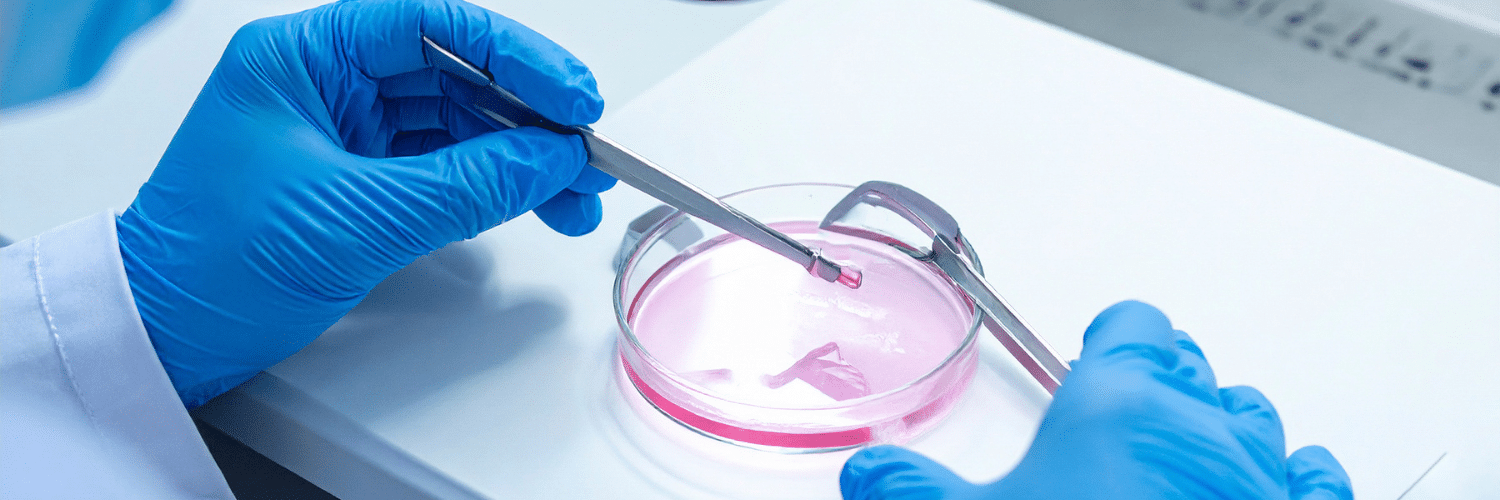

An Egg Donor


An egg donor is a woman who donates her eggs to be used in assisted reproductive technology (ART) procedures, such as in vitro fertilization (IVF), to help individuals or couples who are struggling with infertility or genetic disorders to have a child. The donated eggs are fertilized with sperm from the intended father or a donor, and the resulting embryos are transferred to the intended mother or a surrogate.
On the other hand, an egg surrogate, also known as a gestational carrier, is a woman who carries an embryo created from the intended parents’ or donors’ eggs and sperm, or a combination of donor gametes. The embryo is implanted in the surrogate’s uterus, and she carries the pregnancy to term and gives birth to the baby. The egg surrogate has no genetic relation to the child, as the egg and sperm used in the procedure are from the intended parents or donors.
It’s important to note that egg donors and egg surrogates undergo rigorous screening and medical evaluations to ensure their health and eligibility for the procedures. Egg donation and surrogacy can be complex and emotionally challenging processes, and it’s important for all parties involved to fully understand the legal, ethical, and emotional implications before deciding to pursue these options.
